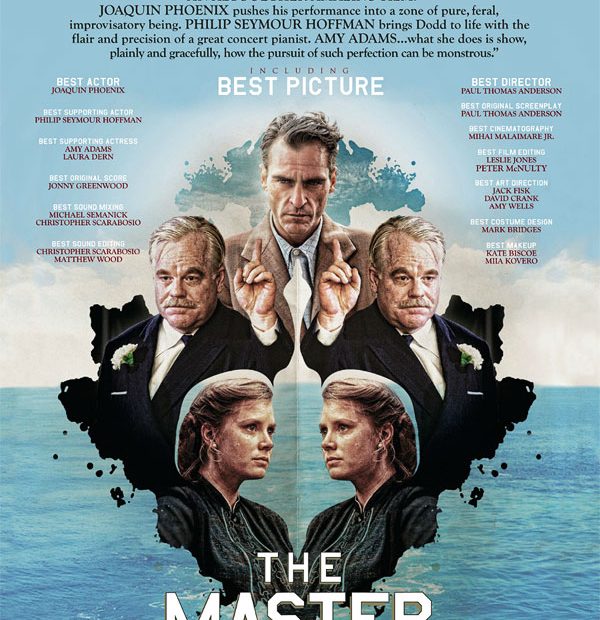If you’ve ever wondered whether humans can truly find meaning in a world filled with chaos, The Master (2012) is the film to explore. Directed by Paul Thomas Anderson, this is not just a story about the relationship between a soldier and a religious leader – it is a journey deep into the shadows of the human soul, where belief, power, and an insatiable thirst for purpose collide.
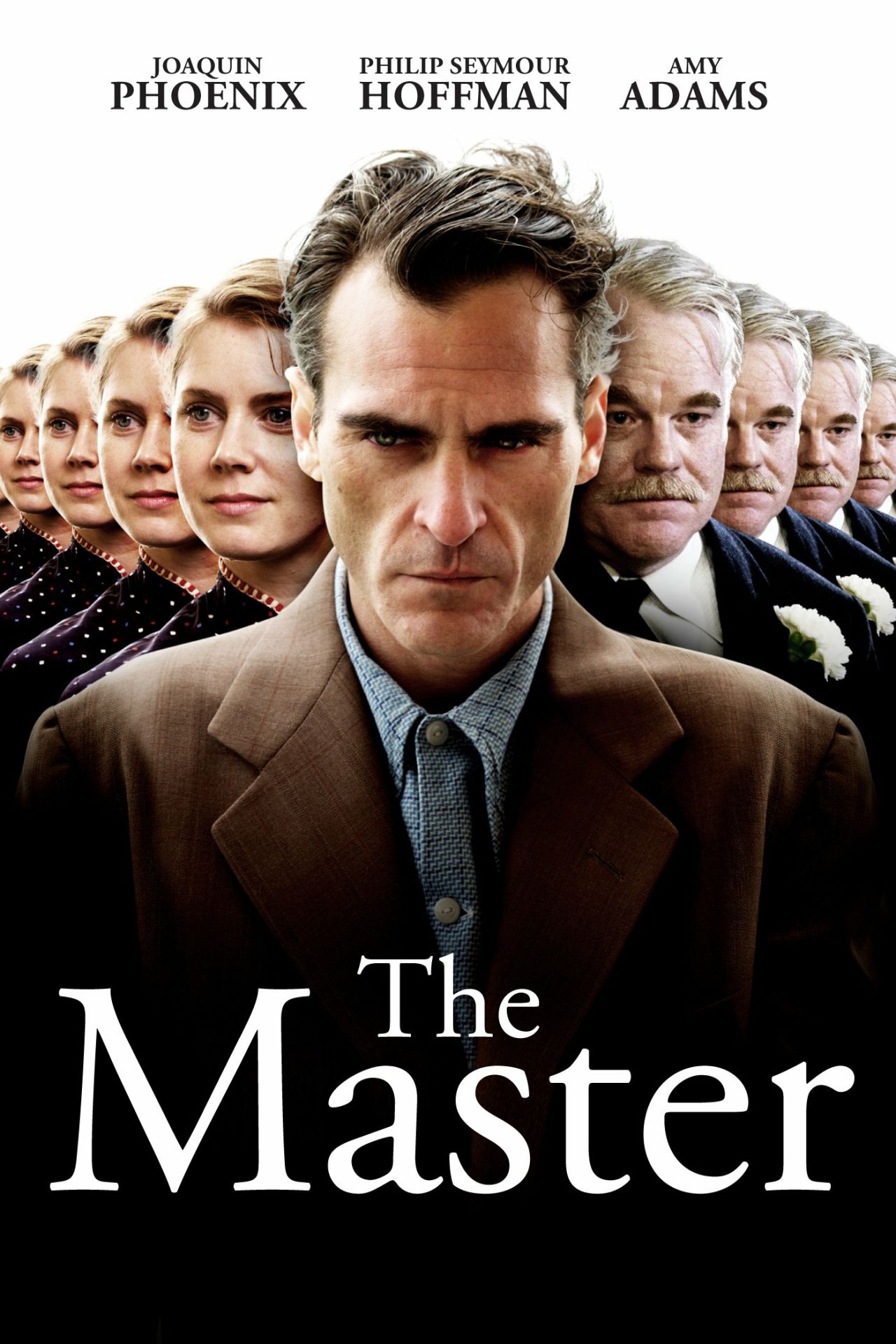
The Relationship Between the Soldier and the Leader: A Meeting of Psychological Wounds
The film opens with Freddie Quell (Joaquin Phoenix), a war veteran who returns to a world that no longer has a place for him. After the war ends, he feels lost and purposeless, like a drifting shadow in society. One day, he encounters Lancaster Dodd (Philip Seymour Hoffman), the leader of a philosophical movement called “The Cause.” Dodd is a charismatic figure, a man of power and influence who seems to offer Freddie a way out of his emotional turmoil.
However, this is not a simple story of one person saving another. The relationship between Freddie and Dodd is not one of typical mentor and student. In fact, it is a psychological struggle between manipulation and freedom, between blind faith and self-discovery. Freddie is not just a follower; he is a fragmented piece of a puzzle, never able to fully fit into the mold of a philosophy. Their dynamic is an emotional, mysterious, and painful battle.

When Belief is Reconstructed: Religious Movements and Power
Though The Master does not directly reference Scientology, many viewers will see the parallels between Dodd and L. Ron Hubbard, the founder of the Church of Scientology. Dodd is not merely the head of a religious movement; he is a man who draws people to him, leading them along a path of belief that he has constructed. This movement, although seemingly filled with hope and salvation, is ultimately shrouded in the manipulation of power.
The film explores the relationship between the followers of Dodd and the man himself – a dependent and conflicted relationship between the search for meaning and the loss of personal freedom. The Master is not just about a religious movement; it is a profound exploration of how easily people can be swept up into beliefs that change their lives, but may also cause them to lose themselves in the process.
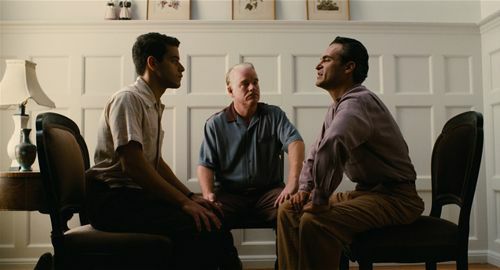
The 1950s Backdrop: A World in Transition
Set in the 1950s, the film does not just tell a personal story; it reflects American society during a time of profound change. It is a period when many, especially war veterans like Freddie, found it difficult to reintegrate into a rapidly evolving world. New philosophical and religious movements emerged as a way to fill the void for those feeling lost, and The Master does not shy away from examining this compelling drive – the desire to find a place to belong in an uncertain world.
This era also mirrors the cultural and political shifts in American society. The rise of new religious movements, along with the emergence of influential leaders, created waves of controversy. Dodd, much like many charismatic leaders of the time, used psychological mastery to build his influence over others.
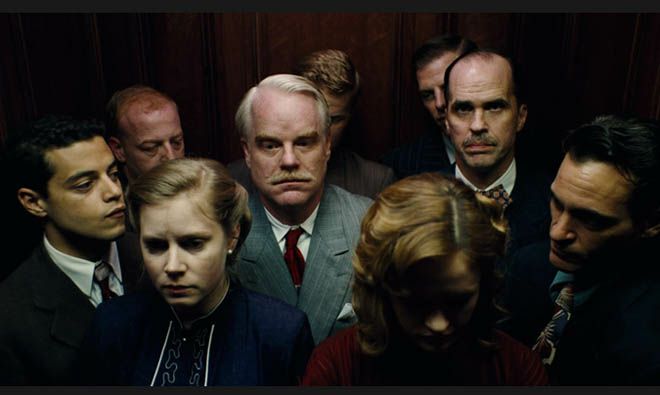
The Importance of Acting: When the Human Psyche is Unveiled
Don’t expect long-winded dialogues or complex plot twists. Instead, The Master delivers a psychological performance full of raw emotion, where every glance, every gesture holds unspoken contradictions. Joaquin Phoenix portrays Freddie Quell as a man full of anguish, struggling with his inner demons and searching for meaning. In contrast, Philip Seymour Hoffman’s portrayal of Dodd brings forth a leader who is both magnetic and manipulative, a man who can be warm yet cold, powerful yet fragile.
Together, these performances pull the audience into a world where there are no easy answers, where questions about self-identity and belief echo endlessly. The actors’ powerful portrayals make the film a journey that goes beyond the narrative to examine the complexity of the human condition.
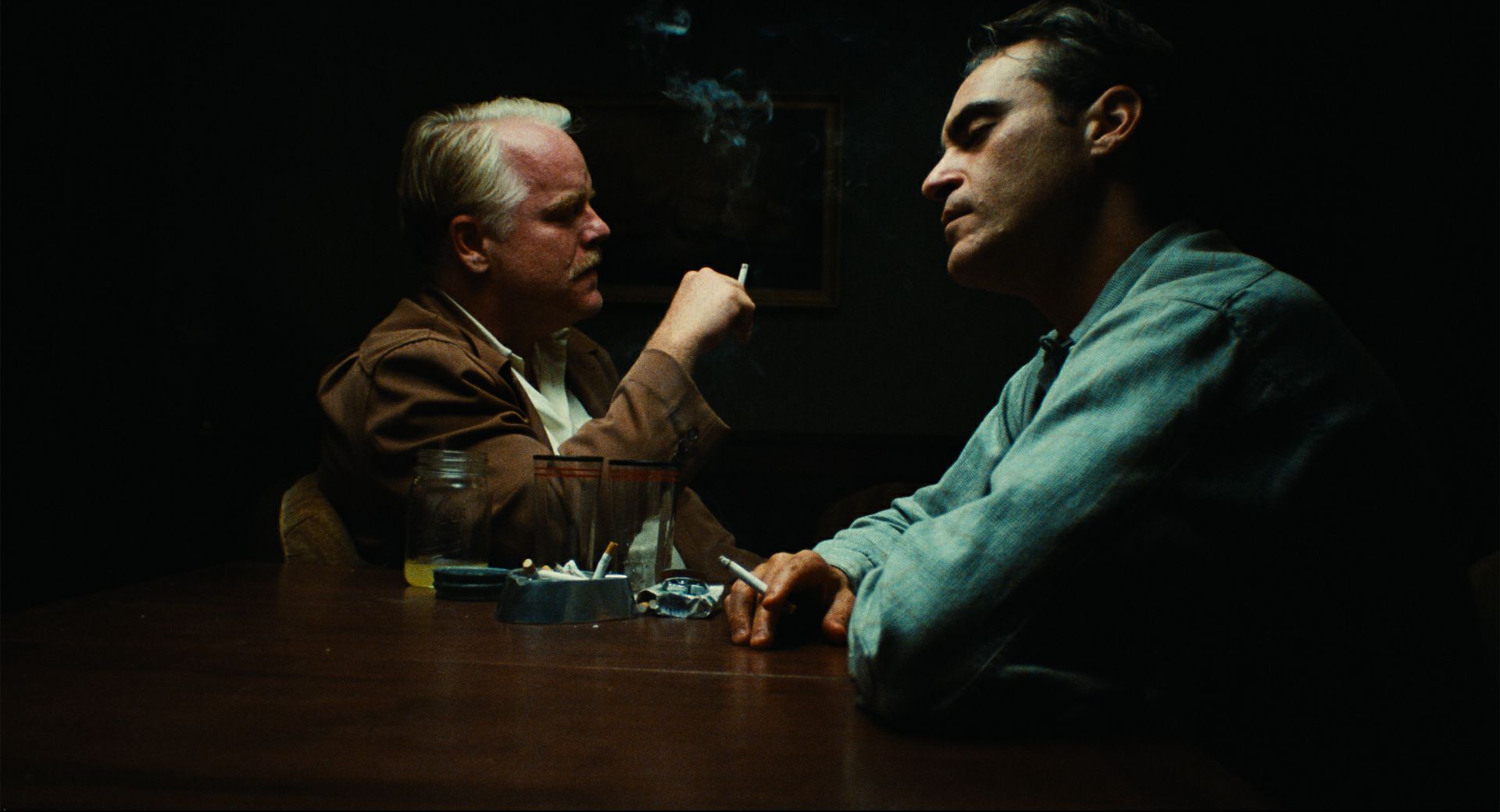
A Masterpiece to Reflect Upon and Seek Answers
The Master is not a film that can be consumed passively. It is not a story with clear-cut answers. And that is exactly what makes it such a remarkable work – a tale about power, about the search for identity in a world that is chaotic and undefined. The questions the film raises do not have definitive answers, and it is these questions that will make you ponder long after the credits roll, not just about the characters, but about yourself and your place in the world.
This is a film for those who enjoy works that challenge the mind, that don’t just entertain but make you reflect on the nature of belief, power, and self. The Master is a journey into the depths of the soul, where no clear path emerges, only the lingering echoes of questions that will never be fully resolved.
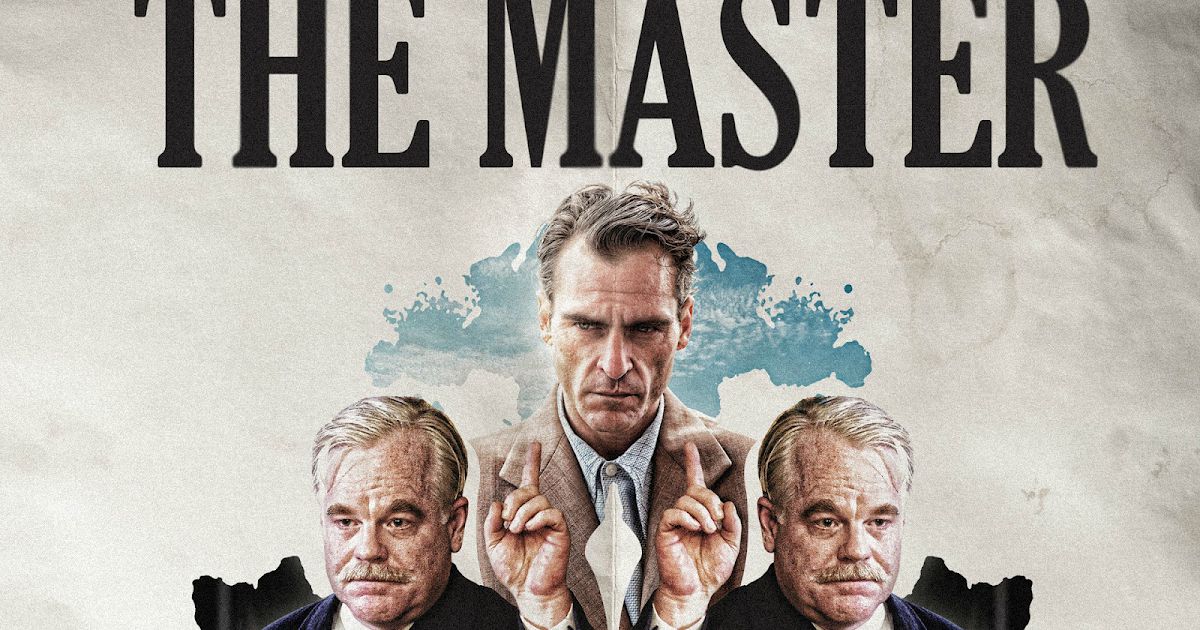
Here is the official trailer for The Master (2012), a hauntingly powerful film by Paul Thomas Anderson:
